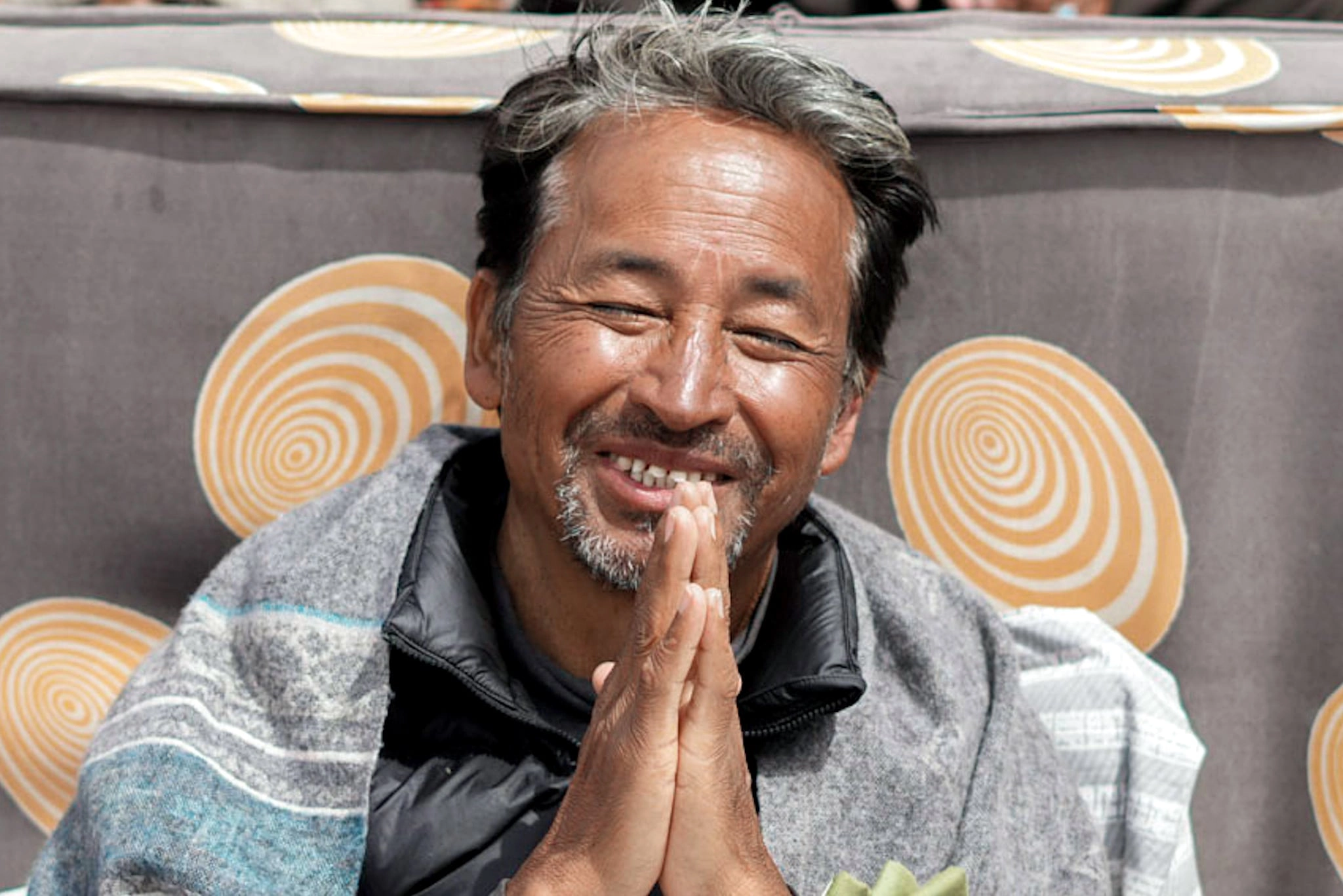The recent honoring of a Kargil soldier by Pakistan’s Chief of Army Staff, General Asim Munir, has reignited discussions about the complexities of national pride and the treatment of soldiers who sacrifice their lives for their country. The soldier in question, whose body was once rejected by his own nation, serves as a poignant reminder of the contradictions that often plague patriotism. The act of honoring him is not just a gesture of respect; it highlights the inconsistency in how Pakistan has historically dealt with its military personnel, especially those who have fallen in battle.
The Kargil conflict, which took place between India and Pakistan in 1999, was a significant episode in both countries’ histories. Many soldiers, including the one honored by Munir, faced tremendous adversity and displayed unparalleled bravery. However, the grim reality is that some of these heroes did not receive the recognition they deserved while alive or even after their demise. The rejection of the soldier’s body, a harrowing episode, reflects a larger narrative of neglect and hypocrisy within the military establishment. It raises questions about how the sacrifices of soldiers are acknowledged within a society that often grapples with its national identity.
General Munir’s decision to honor the soldier posthumously can be seen as an attempt to reconcile this past injustice, creating a narrative that emphasizes valor and sacrifice. Yet, it also opens the door to criticism regarding the systemic issues within the military and governmental structures that allow such discrepancies to persist. This act of recognition does not erase the past but instead serves as a call to action for a more consistent and genuine acknowledgment of all soldiers who serve their country, regardless of the circumstances surrounding their deaths.
The honoring of the Kargil soldier also highlights the need for a broader dialogue about the treatment of veterans and military families in Pakistan. Many soldiers return from conflict zones only to find themselves struggling for recognition, support, and basic rights. This situation underscores a troubling pattern where the government and military institutions often prioritize narratives of heroism while neglecting the lived realities of those who serve. As Pakistan continues to navigate its complex relationship with its military and the legacies of conflict, it is crucial to address these disparities and ensure that all soldiers, living or dead, are treated with the respect and dignity they deserve.




